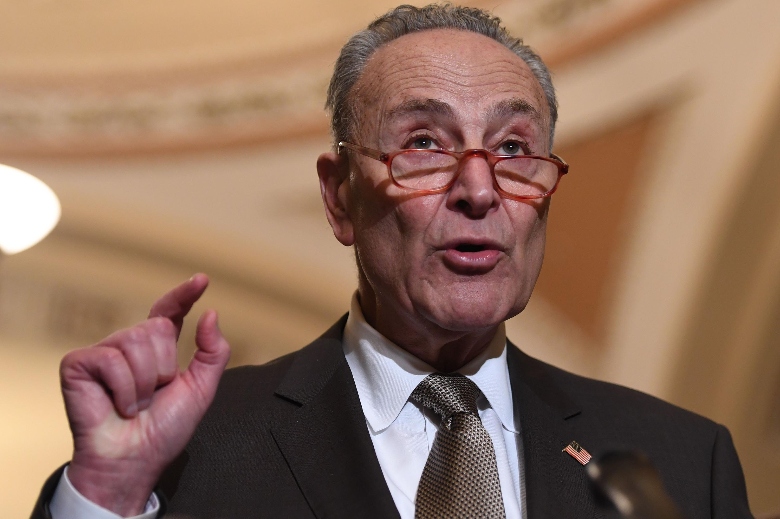Eric Thompson Show
Steve Bannon, a former advisor to President Donald Trump, has been taken into custody at a federal prison to commence his four-month sentence. Bannon was sentenced following his conviction on contempt charges, a development that has garnered significant attention and sparked numerous discussions across political and media landscapes.
DANBURY, Conn. (AP) — Trump ally Steve Bannon is officially in custody to serve 4-month sentence on contempt charges, Bureau of Prisons says.
— Mike Balsamo (@MikeBalsamo1) July 1, 2024
The legal implications of Bannon’s conviction extend beyond his individual case. His imprisonment marks one of the rare instances where a political advisor has been sentenced to prison for contempt of Congress. Historically, contempt charges have been used sparingly, and imprisonment even more so. This case could set a precedent for future congressional inquiries and the enforcement of subpoenas, potentially altering the landscape of congressional oversight and executive branch accountability.

“I am proud to go to prison,” Bannon said before entering the prison, according to ABC News. “If this is what it takes the stand up to tyranny, if this way it takes the stand up to the Garland corrupt criminal DOJ, if this is what it takes to stand up to Nancy Pelosi, if this is what it takes to stand up to Joe Biden to Joe Biden, I’m proud to do it.”
Background and Charges
Steve Bannon’s legal troubles began when he was charged with contempt of Congress for refusing to comply with a subpoena from the House committee investigating the events of January 6, 2021. His refusal to testify and provide documents resulted in two contempt charges, each carrying a potential one-year prison sentence and substantial fines.
On November 15, 2022, Bannon was sentenced to four months in prison and fined $6,500. Despite his legal team’s arguments for leniency and their appeal against the sentence, the courts upheld the conviction, emphasizing the importance of accountability and adherence to congressional subpoenas.
Surrender to Authorities
On July 1, 2024, Bannon surrendered himself to federal authorities, marking the commencement of his prison term. He arrived at the Federal Correctional Institution in Cumberland, Maryland, a medium-security facility. Bannon, who remained defiant throughout his trial and subsequent legal battles, continued to maintain his stance that the charges against him were politically motivated and an attempt to silence his conservative voice.
Political Implications
Bannon’s incarceration has been met with varied reactions across the political spectrum. Conservative commentators have largely viewed his prosecution as an overreach by a politically motivated justice system. Many have expressed concerns about the precedent this sets for future interactions between Congress and political advisors.
Bannon, known for his staunchly conservative views and influential role in the Trump administration, has been a polarizing figure. His arrest and subsequent imprisonment have only intensified the debate over the use of legal mechanisms to target political figures. Critics argue that Bannon’s case exemplifies a broader trend of political persecution against conservatives, a sentiment echoed by many of his supporters.
Media Coverage and Public Reaction
Media coverage of Bannon’s surrender has varied, with conservative outlets highlighting the perceived injustice of his imprisonment and liberal media emphasizing the rule of law and the necessity of accountability. The divergent narratives underscore the deep political divides that characterize contemporary American society.
According to the Daily Caller, Bannon’s surrender was conducted without incident, and he is expected to serve his full sentence, barring any successful appeals or changes in legal circumstances. The publication also noted that Bannon’s legal team continues to explore avenues for appeal, signaling that the legal battle may not be over.
Bannon’s Legacy
Despite his current legal troubles, Bannon’s influence on American politics remains significant. As a key architect of President Trump’s 2016 election victory and a prominent figure in the conservative movement, his strategies and rhetoric have left an indelible mark on the political landscape. Bannon’s imprisonment is unlikely to diminish his role as a thought leader within conservative circles, and it may even galvanize his supporters who view him as a martyr for the cause.
Conclusion
Steve Bannon’s surrender to federal authorities and his subsequent imprisonment for contempt of Congress is a significant event with far-reaching implications. The case underscores the contentious nature of contemporary American politics, where legal battles and political narratives often intertwine. As Bannon begins his prison term, the debates over the justice and implications of his conviction will undoubtedly continue to resonate across the political spectrum.

